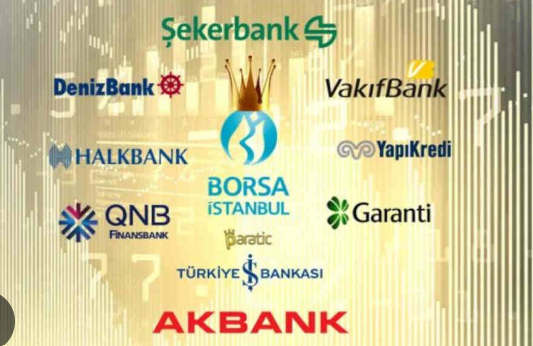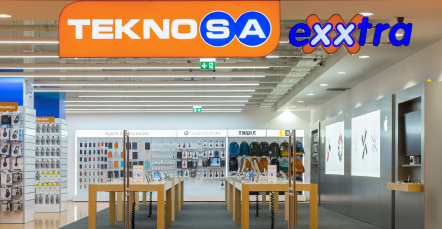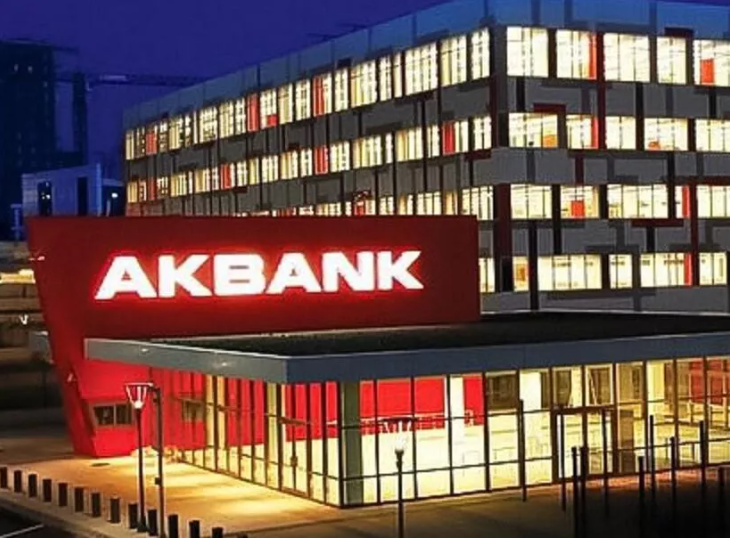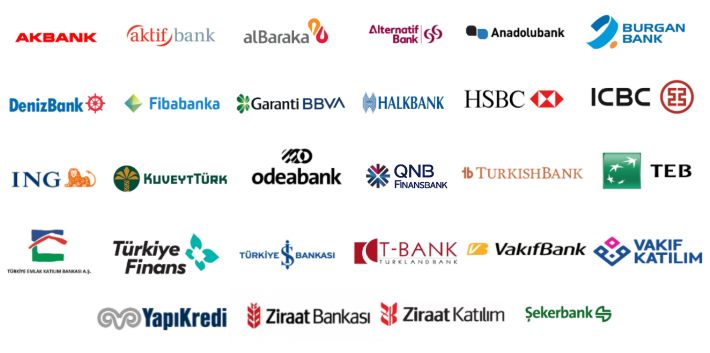Citi Research on Turkish Bank Shares: Neutral
 hisse-banka
hisse-banka
Turkish equities, particularly for banks, have enjoyed very strong performance since Turkey’s return to more orthodox economic policies after last year’s general election.
We are now Neutral on the Banks sector following strong performance. The share prices of our coverage universe of Turkish banks – the four listed banks Akbank, Garanti, Isbank, and Yapi Kredi – have increased in USD terms since mid-2022 by between 2.9x (Garanti) to 3.9x (Yapi Kredi).
This year, performance has also been strong with the banks increasing by between 58% (Isbank) to 78% (Yapi Kredi) in USD terms, with performance also supported by recent news that First Abu Dhabi Bank (FAB) has been in discussion with Koc Holding over purchasing their 61.2% stake in Yapi Kredi.
Putting this in a longer-term context, the market capitalization of the four listed banks in USD terms has more than tripled to $46.6bn as of the close on 21 May from the end-June 2022 trough of $10.8bn. Still, bulls will take comfort that the combined market capitalization of the four banks remains well below peak levels seen at end-September 2010 of $82.9bn.
Another way of looking at this is to compare the implied market capitalization of the entire Turkish banking sector versus GDP using the market value of the listed banks on the exchange and their market share (we use loan market share). This approach indicates that the value of the sector has increased substantially as a percentage of GDP to levels not seen since prior to 2015. This is one reason we have a neutral view on the sector. Bulls, however, can point to higher levels enjoyed in 2010, 2012, and 2014.
https://www.paturkey.com/news/bist-rally-expected-to-accelerate-if-turkey-exits-fatf-grey-list/2024/
Fundamentals more challenged
The strong share price performance has contrasted in recent quarters with a more challenged environment for fundamental financial performance as rate hikes, coupled with macro prudential regulation (e.g. loan growth caps, FX protected TL deposits (KKM) conversion requirements, and higher minimum reserve requirements) put considerable pressure on funding costs and slowed asset repricing. This has led to weaker net interest margins and lower profits in recent quarters as we outlined in recent post 1Q24 result updates.
We expect this dynamic to persist, leading to ROE to decline further in 2Q24.
However, from 3Q24 onwards we expect asset repricing to lead to improving margins and better profits and profitability in 2H24. Though we remain concerned that we may be too optimistic on the pace of NIM recovery given slowing loan growth as asset repricing is dependent on issuing new loans at higher rates So far, these challenges have been partially mitigated by a continued benign credit quality backdrop. NPL levels remain low and risk cost, while we expect to rise, is likely to remain at moderate levels vs. what was experienced in 2018-20.
Additionally, fee income has remained very robust growing and is expected to increase by just under 100% yoy this year at our coverage universe. On the other hand, high inflation has put considerable pressure on costs. We forecast aggregate opex growth for our coverage universe of Turkish banks to exceed 100% this year
Bank valuations – a mixed pictured
Bank valuations do not appear to us to be stretched on a P/E basis. 12-month forward consensus P/Es for our coverage universe stand at around 4x and have not re-rated substantially in recent years.
However, the picture is very different when you look at 12 month forward price book multiples. They have re-rated substantially and now stand above 1x book.
We think this largely tallies with our aggregate forecast ROE for our coverage universe of 31% this and next year and 28% in 2026 vs. the cost of equity which we currently assess to be 28% on average over our forecast horizon out to 2026, leading us to have a neutral view on Turkish bank shares.
Further re-rating of the multiples, we think, would only be warranted if we were confident that the cost of equity is set to decline materially below this level in the outer years of our forecast horizon or should Turkish banks be able to maintain or improve near-term expected ROE.
Citibank report titled “Turkey Multi-Asset, The Renaissance”
Follow our English language YouTube videos @ REAL TURKEY: https://www.youtube.com/channel/UCKpFJB4GFiNkhmpVZQ_d9Rg
And content at Twitter: @AtillaEng
Facebook: Real Turkey Channel: https://www.facebook.com/realturkeychannel/






